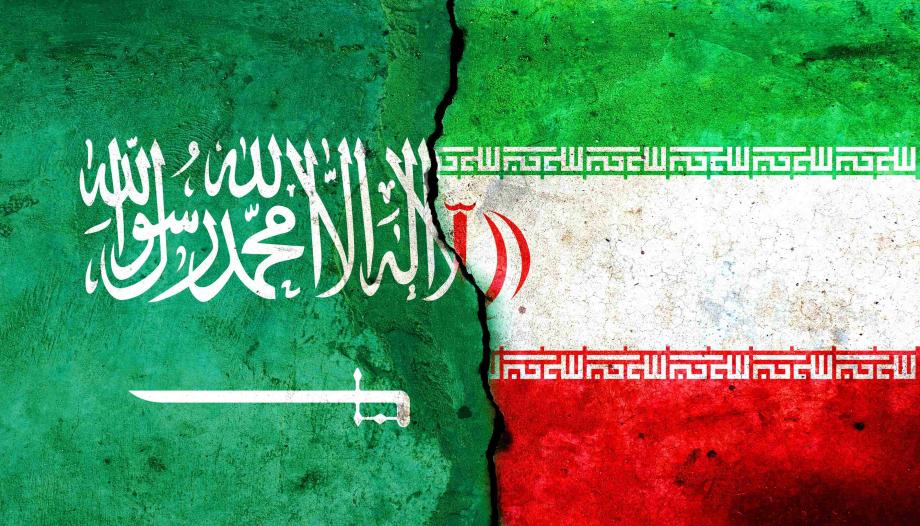In about a hundred words on the Iran-Saudi diplomatic reset

The re-establishment of relations between Iran and Saudi Arabia, brokered by China, is a major geopolitical development producing a host of policy implications throughout the Middle East and beyond. As regional dynamics begin a recalibration process, GLOBSEC asks experts from Czechia, Austria and Germany; What do you perceive as the major strategic takeaway from the rapprochement between Tehran and Riyadh?
Dr. Josef Kraus, Assistant Professor, Department of Political Science, Masaryk University
The impact is twofold - regional and global. Regionally, it may calm tensions between the two main rivals in the region, whose rivalry spills over into many other places. But the global level is more important. It was China, in its role as moderator, that contributed to the resumption of relations between the two states. In doing so, it has shown its ambition to be much more active in the Gulf region, which is crucial for its energy security. The Americans now have to deal with an ambitious challenger in a region they have long regarded as their playground.
Dr. Gudrun Harrer, Lecturer in Modern Middle Eastern History, Politics and Culture, University of Vienna & Diplomatic Academy of Vienna; Senior Editor, Der Standard
Iran and Saudi Arabia restoring their diplomatic relations right at a new peak of concerns regarding the Iranian nuclear program has been amazing news. Tehran and Riyadh were in Iraq- and Oman-mediated talks for some time, but a breakthrough was not expected without an Iranian nuclear compromise. Obviously, China could convince Saudi Arabia that Teheran’s new pledges of cooperation with the IAEA are to be invested in. For Crown Prince Mohammed bin Salman – who wants to leave the Yemen quagmire – this is a good occasion to show President Joe Biden that the U.S. has ceased to be the one and only Saudi strategic partner. On a global level, the Chinese mediation marks the beginning of serious Chinese political engagement in the Middle East. Up to now, Beijing’s influence in the region has been mainly economic; this could change. Have Israel’s ambitions to build an Israeli-Arab coalition against Iran failed? It is too early to tell. Saudi Arabia will want to see returns regarding Iran’s regional policies and could be disappointed.
Roland Freundenstein, Vice President, Head of GLOBSEC Brussels
A win-win-win situation for three autocracies: Saudi Arabia frees up resources for its own development instead of a zero-sum regional conflict with Iran, Iran softens its international isolation, and China secures oil reserves and establishes itself as a global peacemaker – a dry-run for mediation between Ukraine and Russia, too. America, on the other hand, is down but not out. Its days as the dominant world power in the Middle East are long gone, anyway. And it couldn’t have brokered this deal itself, seeing its antagonism towards Iran. What many overlook is that Putin’s inevitable demise and a possible democratic revolution in Iran will be bad news for autocrats everywhere. And freedom will rear its pretty face in unlikely places.